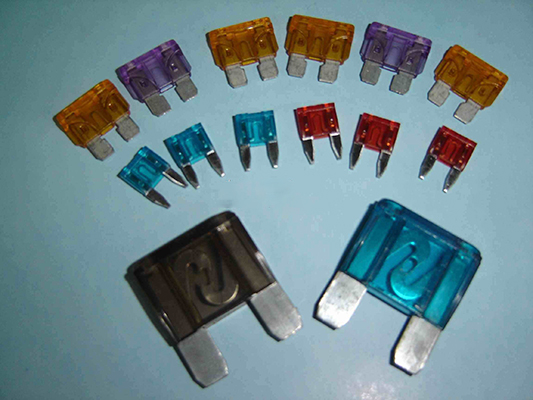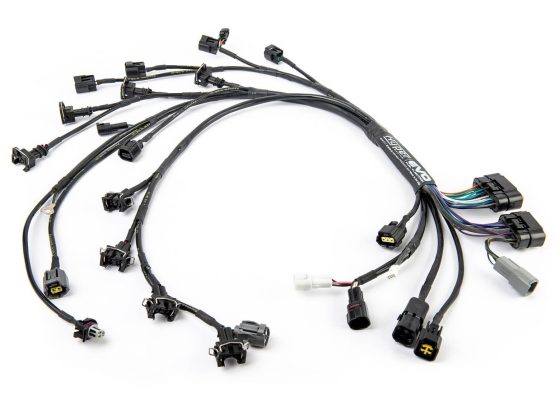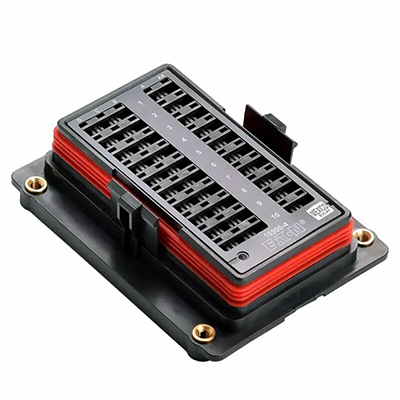The Critical Function of Automotive Fuses in Enhancing Air Conditioning Reliability and Safety
News 2025-10-13
Car fuses play a vital role in safeguarding the electrical systems of vehicles, particularly in components like air conditioning units that demand precise and reliable power management. These small but essential devices protect against overloads and short circuits, preventing potential damage to sensitive electronics and ensuring the longevity of the AC system. In modern automobiles, fuses are integral to maintaining operational efficiency, especially as air conditioning systems become more advanced with features like climate control and rapid cooling. Understanding their function helps vehicle owners and technicians appreciate how fuses contribute to overall safety and performance in daily driving conditions.

Applications in Vehicle Air Conditioning
Fuses are strategically placed in various parts of the air conditioning circuit to monitor and protect specific components. For instance, in the compressor circuit, fuses prevent excessive current from damaging the motor, which is crucial during high-demand situations like extreme heat. Similarly, in the blower motor and control modules, fuses safeguard against faults that could arise from wear or environmental factors. This application ensures that the AC system operates smoothly, providing consistent comfort in diverse driving scenarios, from urban commutes to long highway trips. By isolating faults quickly, fuses help maintain the integrity of the entire electrical system, reducing the risk of cascading failures.
Performance Advantages of Dedicated Fuses
Automotive fuses offer several key benefits that enhance the reliability of air conditioning systems. Their rapid response time to overcurrent conditions minimizes damage, with designs like blade and mini fuses providing precise protection tailored to different voltage and amperage needs. High-quality fuses resist corrosion and vibration, ensuring dependable performance in harsh under-hood environments. Additionally, their cost-effectiveness and ease of replacement make them an efficient choice for maintenance, allowing quick diagnostics and repairs without extensive downtime. These attributes not only extend the lifespan of AC components but also contribute to fuel efficiency by preventing unnecessary electrical draws.
Frequently Asked Questions
1、What types of fuses are commonly used in car AC systems?
Answer: Blade fuses are most common due to their compact size and ease of use, with ratings typically ranging from 5 to 30 amps to match specific circuit requirements.
2、How do I know if a fuse in my AC system is blown?
Answer: Look for a broken metal strip inside the fuse or use a multimeter to check continuity; symptoms include non-functional AC components or dashboard warning lights.
3、Can using the wrong fuse damage my vehicle’s AC?
Answer: Yes, an incorrect fuse rating can lead to inadequate protection or false tripping, potentially causing overheating or failure in AC system parts.

